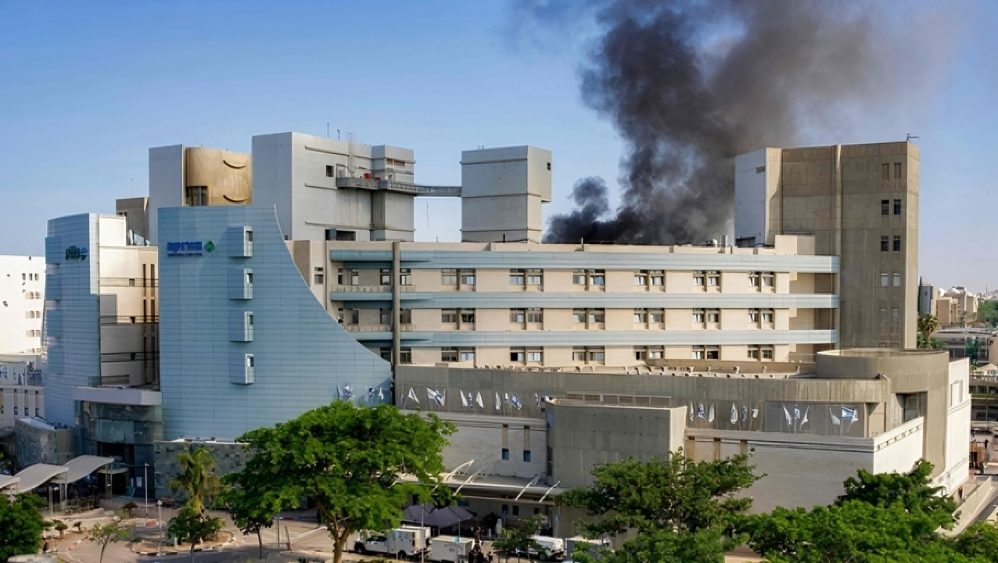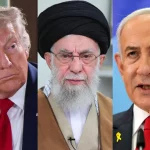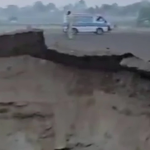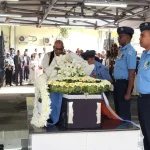A major hospital in southern Israel was struck by an Iranian ballistic missile as Tehran launched a new wave of missile attacks across the country. The strike on Soroka Medical Centre in Beersheba, reportedly part of a barrage targeting nearby military sites, left extensive damage and led to the evacuation of 200 patients.
Iran’s Islamic Revolutionary Guard Corps claimed it had aimed at a military target close to the hospital, not the facility itself. However, Israel has condemned the strike as deliberate and criminal. Deputy Foreign Affairs Minister Sharren Haskel accused Iran of intentionally targeting the main medical centre for the Negev region.
The Israeli Health Ministry said at least 271 people had been injured across the country in the latest attacks. Meanwhile, Israel retaliated with precision strikes on Iran’s nuclear infrastructure, hitting sites including the Arak heavy-water reactor and a facility in Natanz that Israel claims is linked to nuclear weapons development.
Prime Minister Benjamin Netanyahu visited the damaged hospital and promised to eliminate Iran’s nuclear and ballistic missile capabilities. “By the end of this operation, there will be no nuclear threat to Israel,” he declared. Defense Minister Israel Katz added that Supreme Leader Ayatollah Ali Khamenei “can no longer be allowed to exist” for ordering strikes on civilian targets.
The Iranian government, while denying it targeted civilians, has warned that its response to Israeli aggression will have “no limits.” Tehran has also filed a complaint with the UN nuclear watchdog, accusing Israel of illegal attacks on peaceful nuclear infrastructure.
The Arak reactor, which produces plutonium-capable heavy water, had reportedly been evacuated ahead of the strike. While no radiation leaks were reported, Iran maintains that its nuclear program is peaceful—a claim Israel and the U.S. have long disputed.
The UN and international agencies condemned the hospital strike. UN Human Rights Commissioner Volker Türk called for maximum restraint and warned against escalating rhetoric. The World Health Organization and International Committee of the Red Cross reminded all parties that hospitals and medical workers are protected under international humanitarian law.
Meanwhile, the conflict threatens to widen as U.S. President Donald Trump weighs direct military involvement. While the Pentagon has drawn up plans for a possible strike on Iran, Trump has not confirmed whether he will act. “I may do it, I may not do it,” he said on Wednesday. Iranian officials have warned that U.S. intervention would trigger retaliation against American interests in the region.
As the situation escalates, calls for de-escalation and renewed diplomacy grow louder, but the path to peace remains uncertain.













